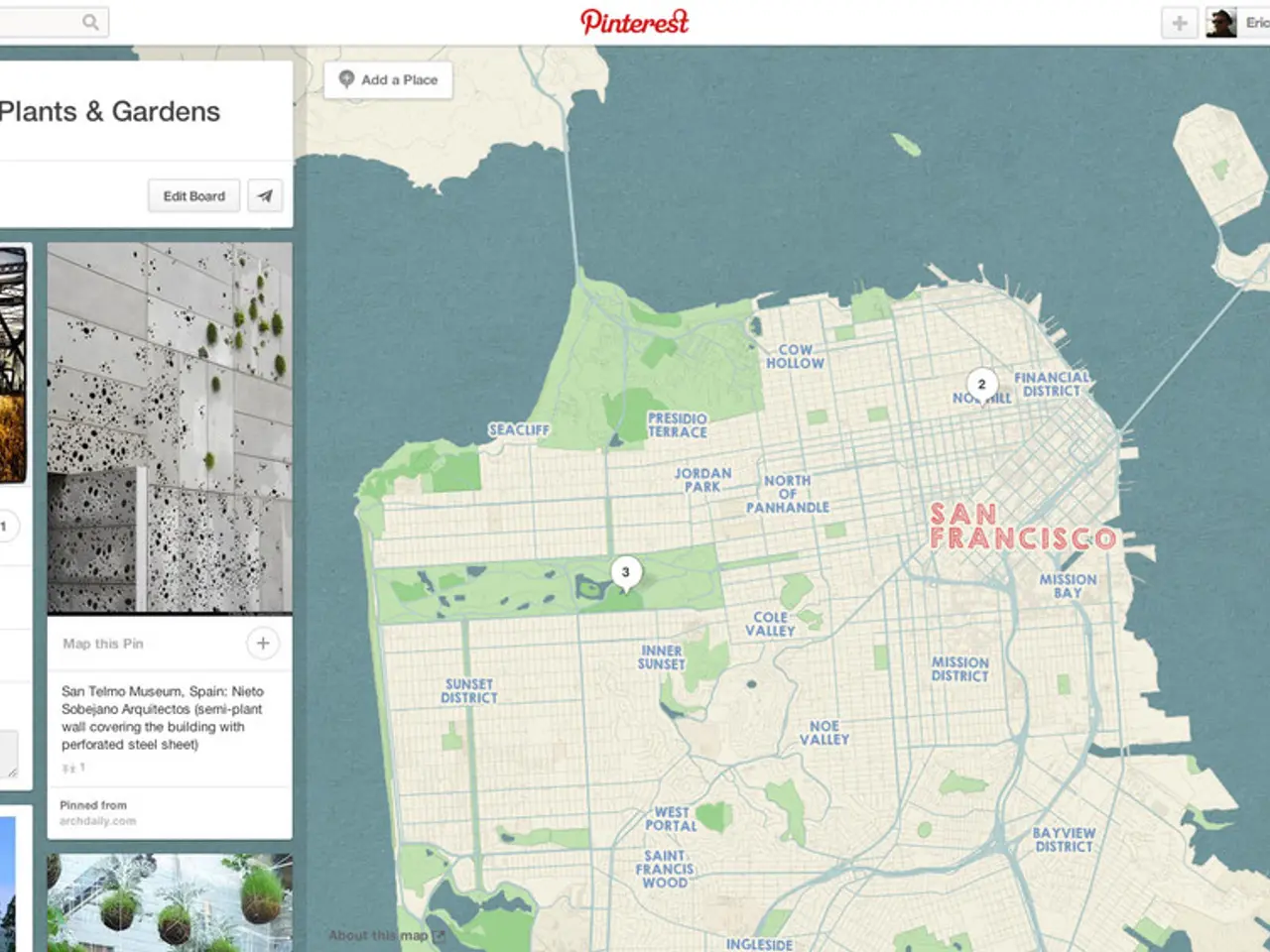SEO Strategies Comparison: Local SEO vs On-Page SEO, or, Are Both Essential for Your Website?
In the realm of search engine optimization (SEO), two key strategies stand out: On-Page SEO and Local SEO. While they share a common goal of improving a website's rankings, they serve different purposes and target distinct aspects of SEO.
On-Page SEO: Optimizing Web Pages for Search Engines
On-Page SEO focuses on optimizing the content and HTML source code of individual web pages. This includes enhancing meta tags (title, description), creating high-quality content tailored to relevant keywords, internal linking, improving page load speed, ensuring mobile-friendliness, and structuring the site for better usability and relevance for search engines. The primary aim of On-Page SEO is to improve organic rankings by making web pages more understandable and authoritative to search engines, and by providing better user experiences.
Local SEO: Boosting Visibility for Local Businesses
Local SEO, on the other hand, targets improving a business's visibility in local search results, especially for searches with specific geographic intent, such as "best hotel in Noida" or "plumber near me". It involves optimizing local business listings such as Google Business Profile, ensuring consistent Name, Address, and Phone (NAP) information across directories, using location-specific keywords, and generating local backlinks. Local SEO is particularly vital for brick-and-mortar stores or service providers, helping them attract customers in their immediate geographic area.
The Impact on Search Engine Rankings
On-Page SEO impacts rankings by enhancing the relevance and quality of website pages to user queries broadly, thus helping the site rank higher in general organic search results. Proper On-Page SEO creates a solid foundation for search engines to interpret and rank content well.
Local SEO, meanwhile, influences rankings in local search results and map packs. It increases a business’s chances of appearing prominently when users search for products or services "near me" or within a specific location. This boosts visibility to relevant local audiences and can lead to higher foot traffic and conversions for local businesses.
In summary, On-Page SEO improves overall webpage relevance and searchability on the wider web, while Local SEO specifically enhances a business’s visibility to nearby searchers with local intent. Both are essential but serve distinct roles in targeting different kinds of search queries and audiences. Combining strong On-Page SEO with effective Local SEO strategies maximizes a site's potential to rank well in both organic and local search results.
It's important to note that Unadulterated Organic outcomes are a blend of various types of content, independent of geographical locations. Local SEO can be improved on a website, but there is also more that can be done, such as off-page SEO, which involves expanding the power of a website through content creation and acquiring backlinks from other sites.
In the end, a solid, competitive, and authoritative brand presence is necessary to survive the online competition, and both Local SEO and Organic SEO work together to increase rankings in search engines, helping marketers show their customers why they are a better option than competitors. Local SEO is particularly useful for local businesses such as shops, restaurants, or offices, as it helps ensure that the business can be found online and offline by a local audience.
Technology plays a crucial role in On-Page SEO by providing tools and resources for enhancing meta tags, creating high-quality content, improving page load speed, ensuring mobile-friendliness, and structuring websites for better usability and relevance to search engines.
The advancements in technology, such as Google's algorithm updates, also impact Local SEO, as local search results are influenced by factors like location-specific keywords and the business's consistency across online directories.



